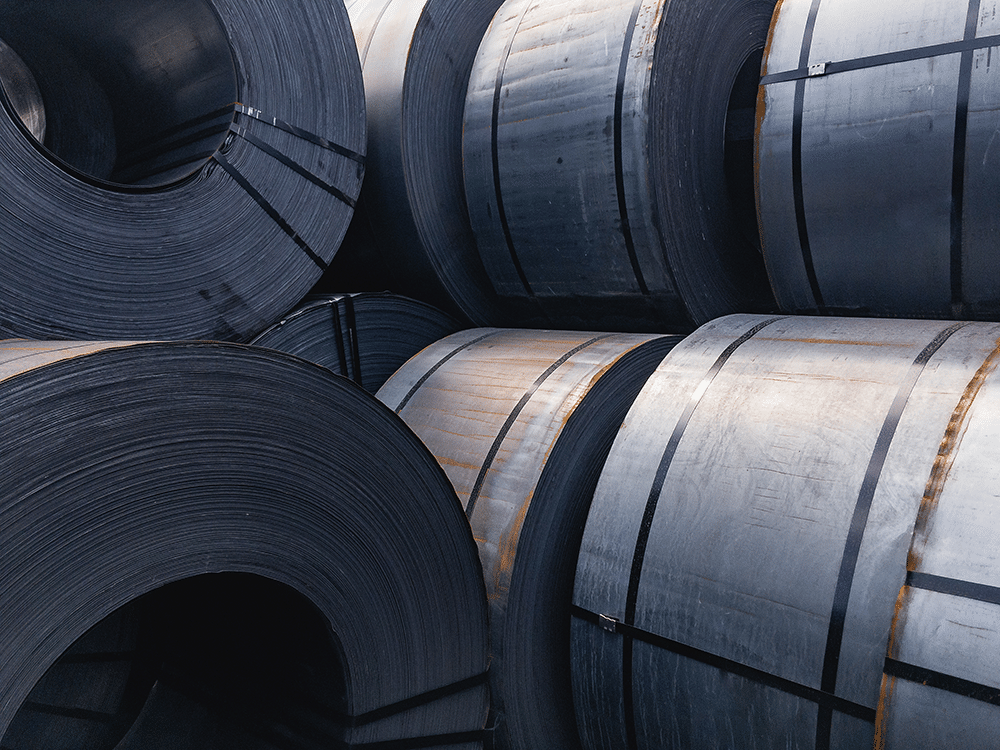
Australia has long been known for being “the lucky country.” Our mineral wealth helped us avoid the worst of the GFC and we are currently avoiding recession because of the high value of our coal and gas exports (sadly, as a result of the Russian invasion of Ukraine). We are also likely to profit from bumper grain harvests and exports.
However, at the recent Queensland University of Technology Business Leaders’ Forum, Ms Denholm warned that although technology jobs had grown consistently in Australia, the country needed to diversify more. She noted that jobs in the technology sector had increased by 8% this year to 935,000 roles by February, and continued to grow at double the pace of other sectors. Robyn Denholm is the Chair of the Tesla Board of Directors, an alumnus of QUT, and Chair of the Tech Council of Australia.
The Tech Council’s mission is to contribute meaningfully to Australia’s future prosperity. It has an impressive list of members. “The members of the Tech Council work with governments at all levels to ensure that Australia and Australians can take advantage of the vast opportunities that technology brings. We advise and engage with Australian governments, businesses and the wider community to help support the ongoing creation, development, and adoption of technology across industries.”
At the QUT Business Leaders’ Forum, Ms Denholm said the emerging tech corridor of southeast Queensland and northern New South Wales was offering a new way forward for the Australian economy, which had historically relied on selling primary produce and mined resources to the world. This region of Australia is known for its mild warm climate and relaxed atmosphere. Many movie stars have also located there, including Chris Hemsworth.
“If we can dig it up, grow it, fatten it, herd it onto a boat or pack it in ice and ship it, then that’s what we do,” Ms Denholm said. “But in the last two decades the world has changed. While mining and agriculture will always be a strong pillar for our economy … in order to compete on the global economic stage, our economy cannot afford to forever rely on the luck of our natural resources,” she said.
“If we do not act now to forge a new vision for what the Australian economy will look like in the next decade, our luck just may run out.”
Ms Denholm said many tech professionals had returned to Australia from overseas during the COVID pandemic, with many others migrating north from the nation’s traditional tech centres at this time.
“These days we have amazing world-beating companies born and bred right here in Queensland,” she said. “Many people in Sydney and Melbourne are surprised — and perhaps a little indignant — when I tell them that southeast Queensland is a leading light in a vibrant startup ecosystem in Australia. Today you don’t have to go overseas to get your R&D. It’s a great time to put ourselves on the map. Our engineers are really highly sought after in Silicon Valley.”
Ms Denholm said tough economic times were helping drive innovation for those who could be “forward-leaning around technology.”
“Every economic dislocation actually creates opportunities. … I think it’s an amazing time to be starting a company.”
Ms Denholm said the technology sector was set to grow at a “blistering pace,” with the Tech Council of Australia setting a goal that by 2030, tech activity across all industries in Australia would contribute $250 billion a year to national GDP.
With the economy and workforce digitising across the board, Australia’s tech jobs had grown at double the average rate of job growth in the last decade.
Time for schools, the higher education sector, families, and businesses to play their roles in encouraging students to consider a career in technology, not just for the future prosperity of the country but also their own, with jobs in the tech sector attracting big salaries, second only to those of CEOs.
“The moral imperative is that getting a more diverse array of Australians into tech jobs will help lift wages, reduce the gender pay gap, and increase social mobility. We need every student who is thinking about entering a university, like QUT, to be looking at STEM subjects and visualise a varied, exciting career,” she said.
“We need to have the most startup-friendly regulatory settings to make sure businesses are born and scaled right here,” Denholm contended. “By 2030, tech activity across all industries in Australia will contribute $250 billion every year to our national GDP and the tech sector will employ over 1.2 million Australians.” Currently, the tech sector is the third biggest industry by value.
But she doesn’t want local industry to wait for government before they transition from just “digging it up” to adding value to the minerals sector with refining and then battery manufacture. Western Australian mining companies are already moving in this direction. Perhaps she could encourage her Tesla CEO to put Tesla battery cell manufacturing in Australia. The cell manufacturing would then allow for ore processing to occur in Australia. It would be good if this could be part of AUKUS — not nuclear submarines, but electric vehicles.
The Future Battery Industries Co-operative Research Centre’s March 2023 report points out that Australia’s strategic and defence partnerships in the Asia–Pacific region have strengthened, creating an opportunity for Australia to partner with its allies to develop its battery industries. Forecasted demand for batteries by 2030 is 64% higher than previous estimates, with the annual growth rate of battery demand accelerating from 24% to 34%.
To take advantage of the green industrial revolution, Australia will need to lean into its comparative advantages of mineral diversity, reliability, security, and ESG credentials to be competitive across the value chain. The Australian battery industry would benefit from vertical integration and the advantages that will come with co-location of mining, processing, and manufacturing. Taking up these strategies could add more than 61,000 jobs and almost $17 billion to the economy.
Time to combine our luck with government policies that promote high-tech diversification and actions by local industries to value add to mining operations.
I don’t like paywalls. You don’t like paywalls. Who likes paywalls? Here at CleanTechnica, we implemented a limited paywall for a while, but it always felt wrong — and it was always tough to decide what we should put behind there. In theory, your most exclusive and best content goes behind a paywall. But then fewer people read it! We just don’t like paywalls, and so we’ve decided to ditch ours. Unfortunately, the media business is still a tough, cut-throat business with tiny margins. It’s a never-ending Olympic challenge to stay above water or even perhaps — gasp — grow. So …
Sign up for daily news updates from CleanTechnica on email. Or follow us on Google News!
Have a tip for CleanTechnica, want to advertise, or want to suggest a guest for our CleanTech Talk podcast? Contact us here.
Former Tesla Battery Expert Leading Lyten Into New Lithium-Sulfur Battery Era:
CleanTechnica uses affiliate links. See our policy here.




